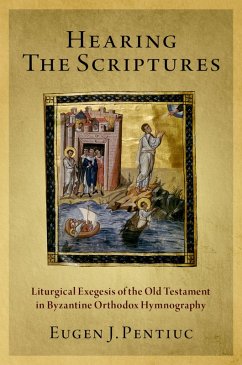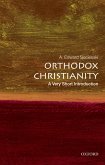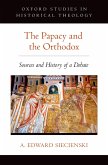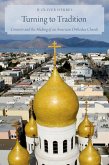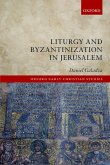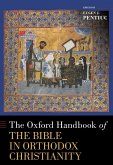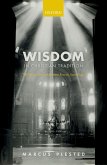Throughout the ages, interpreters of the Christian scriptures have been wonderfully creative in seeking to understand and bring out the wonders of these ancient writings. That creativity has often been overlooked by recent scholarship, concentrated as it is in the so-called critical period. In this study, Eugen J. Pentiuc illuminates the remarkable way in which the Byzantine hymnographers (liturgists) expressed their understanding of the Old Testament in their compositions, an interpretive process that he terms "liturgical exegesis." In authorship and methodology, patristic exegesis and liturgical exegesis are closely related. Patristic exegesis, however, is primarily linear and sequential, proceeding verse by verse, while liturgical exegesis offers a more imaginative and eclectic mode of interpretation, ranging over various parts of the Bible. In this respect, says Pentiuc, liturgical exegesis resembles cubist art. To illuminate the multi-faceted creativity of liturgical exegesis, Pentiuc has chosen the vast and rich hymnography of Byzantine Orthodox Holy Week as a case study, offering a detailed lexical, biblical, and theological analysis of selected hymns. His analysis reveals the many different and imaginative ways in which creative liturgists incorporated and interpreted scriptural material in these hymns. By drawing attention to the way in which the bible is used by Byzantine hymnographers in the living Orthodox tradition,
Hearing the Scriptures makes a ground-breaking contribution to the history of the reception of the scriptures.
Dieser Download kann aus rechtlichen Gründen nur mit Rechnungsadresse in A, B, BG, CY, CZ, D, DK, EW, E, FIN, F, GR, HR, H, IRL, I, LT, L, LR, M, NL, PL, P, R, S, SLO, SK ausgeliefert werden.

